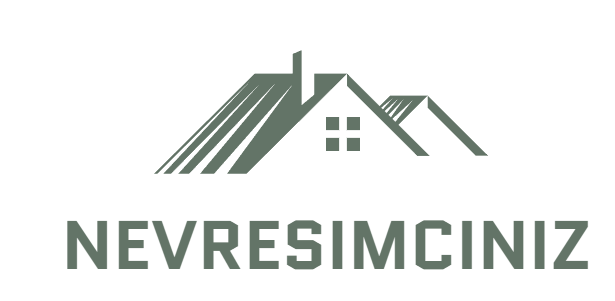TUSPIPE finds steel pipes of superior quality for sale at affordable costs! Their steel pipes are strong and dependable, ideal for various uses in industrial, plumbing, and construction settings. You can locate the ideal steel pipes to satisfy your project's needs, with various sizes and specifications available. To make sure they live up to industry requirements for durability and strength, our goods go through extensive quality checks.
TUSPIPE can provide you with steel pipes that are either seamless or welded. Investigate our inventory now and take advantage of our reasonable prices. You can rely on TUSPIPE to offer superior steel pipe for sale that lives up to your expectations. Reach out to us right now to find out more about our current options and to order the steel pipes you require for your upcoming project.
What Is The Highest Point At Which Steel Pipes Are Capable Of Handling?
The type of steel and its parameters determine the highest temperature steel pipes can withstand. Pipes made of carbon steel are temperature-resistant between -29°C (-20°F) and 427°C (800°F). Specialized alloys like stainless steel might be needed for higher temperatures. Depending on the quality, stainless steel pipes may tolerate high temperatures of up to 816°C (1,500°F).
Varieties of Coatings for Steel Pipes
Steel pipes are coated in several ways to increase their lifetime and prevent corrosion. These coatings are essential for guaranteeing the pipes' dependability and longevity. Details of steel pipe coating are listed below:
Galvanized Coating
By using a process called galvanization, steel surfaces are coated with a layer of zinc that provides protection. Water distribution, building, and outdoor construction are just a few uses for galvanized steel due to its exceptional corrosion resistance. The steel's lifespan is increased and rust is prevented by the zinc layer's barrier function.
Epoxy Coatings
For added durability and corrosion resistance, epoxy coatings are applied to steel surfaces. These coatings create an impermeable layer that is resistant to chemicals and weatherproof, thanks to the combination of epoxy resins and hardeners. With their longer service life and reduced maintenance costs, epoxy-coated steel pipes are widely used in the oil and gas industry.
Polyethylene Coatings
Strong protection against corrosion and abrasion is offered to steel pipes by polyethylene coatings. Whether they are powdered or heat-shrinked, these coatings create a strong barrier that is excellent at withstanding moisture and chemicals. Steel pipes with polyethylene coatings are perfect for subterranean pipelines because they maintain their integrity over time in harsh conditions.
Bituminous Coatings
To effectively prevent corrosion, bituminous coatings, which are composed of bitumen and mineral fillers, are applied to steel pipes. These coatings protect steel against soil corrosion and are frequently utilized in underground applications due to their water resistance. Steel pipes with a bituminous coating are crucial for increasing resilience and halting corrosion in adverse weather circumstances.
Zinc Coatings
Zinc coatings offer strong corrosion protection for steel pipes when applied using techniques such as hot-dip galvanizing or zinc-rich paint. By corroding preferentially to the steel substrate, this coating of zinc serves as a sacrificial anode, preventing rust and prolonging the life of the pipes. Steel pipes with a zinc coating are used in a variety of industries to increase durability.
Coal Tar Enamel Coatings
Coal tar pitch and fillers are combined to create coal tar enamel coatings, which have been used traditionally to prevent corrosion on steel pipes. Due to environmental concerns, these coatings are less widespread today, although they nevertheless perform very well in terms of strong resistance to corrosion from water, chemicals, and dirt. Steel pipes with enamel coatings made of coal tar were widely used in many industrial settings.
Polyurethane Coatings
Applying polyurethane coatings to steel pipes provides exceptional protection against chemicals, impact, and abrasion. Steel pipes are suitable for applications where resilience and chemical resistance are critical, such as slurry transportation and wastewater treatment plants, because their long-lasting coatings help to safeguard and prolong the pipes' life in challenging situations.
Final Words
To guarantee steel pipes' performance and longevity in a variety of applications, coating selection is essential. From epoxy and polyethylene to galvanized coatings, every kind of coating has unique benefits that are suited to various industry demands and environmental circumstances. Maintaining the structural integrity of steel pipes depends critically on the choice and application of coatings.


